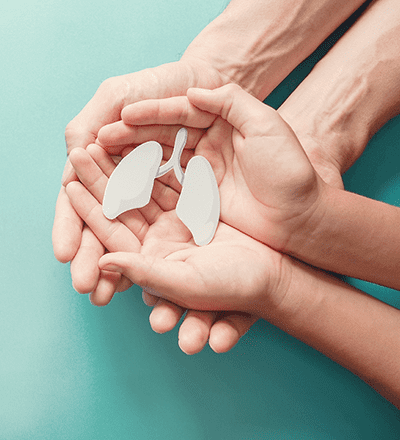Overview of the programme
The NHS Long Term Plan has highlighted cardiovascular disease (CVD) as the largest area where the NHS can save significant numbers of lives over the next ten years. The plan outlines detailed strategies to support the prevention of 150,000 heart attacks, strokes and dementia cases.
Given these ambitions, the Lipid Management and FH programme delivered by the AHSNs is working collaboratively with healthcare professionals to reduce instances of cardiovascular disease.
The programme aims to minimise inequalities across England through three focus areas:
1. FH detection and lipid management optimisation
FH has an estimated population prevalence of 1 in 250 in the UK. If left undetected and untreated, 50% of men aged 50 and over, and 30% of women aged 60 and over, may develop chronic heart disease by the age of 50 and could suffer a heart attack.
Sources: Family Heart, Public Health England
We’re working to expand access to genetic testing for FH via screening of electronic records and piloting a process of child-parent screening. This will enable early cascade testing and treatment for those at genetic risk of sudden cardiac death.
2. Access to appropriate medicines, including novel therapies such as PCSK9i and Inclisiran
We’re widening patient access to appropriate medicines for lipid treatment using the NICE endorsed summary of national guidance for lipid management for primary and secondary prevention of CVD.
3. Education to healthcare professionals
In order to provide clinicians and others with an interest in the programme with the opportunity to learn about different elements of the lipid management pathway, HEART UK has partnered with the NHS Accelerated Access Collaborative (AAC) and the Health Innovation Network to provide a comprehensive and varied education programme for healthcare professionals.
Summary of resources
Below, you will find information collated to help you learn more about this programme’s aims, impact, and wider context, including evidence and information to support your implementation.
The resources have been selected for the benefit of health and care professionals. Some information links out to third party sources, and the Health Innovation Network is not responsible for the content on those sites.

More on Inclisiran
Education materials for healthcare professionals
The Tackling Cholesterol Together education programme is a collaboration between the Health Innovation Network, Heart UK and AAC. The programme provides education to healthcare professionals on how to optimise lipid management for their patients.
Workshops and webinars organised by AHSNs provide educational opportunities for local healthcare professionals and non-clinical staff learn more about how to implement the NICE-endorsed National Guidance for Lipid Management.




